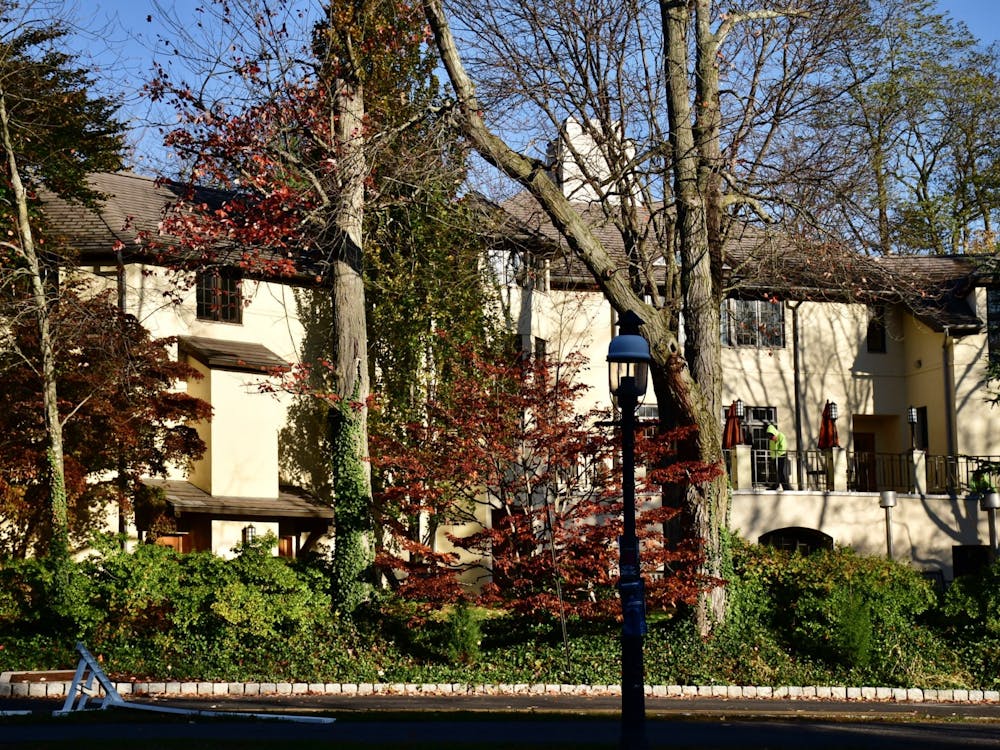Princeton University prides itself on attracting students with talents that go beyond academic aptitude. We are musicians, athletes, dancers, actors, poets, entrepreneurs, designers and so much more, all while being academics in one of the most rigorous undergraduate programs in the world. For the most part, the University goes to great lengths to ensure that the students it brings in graduate as enlightened intellectuals without having neglected their other pursuits. One of the measures taken to ensure this is the 4:20 – 7:30 p.m. 'class-free' period, during which we can dedicate time to our other interests without having to make academic compromises.
But those of us with consistent, non-academic daily commitments are, in fact, making compromises. The 'class-free' period is idealized for the student with a singular interest but hinders the student wishing to diversify.
To pursue any of those extracurricular activities, many of us are required to make daily or regular commitments. Naturally, these regular extracurriculars funnel into that 4:20 – 7:30 'class-free' slot, with the logical expectation that their members will be available through that time. There are some exceptions, though it is safe to say that the ‘class-free’ period is occupied time for many University students.
This is not an issue. It would be impossible for large student groups, particularly athletic teams, to run constructive practices or rehearsals at times when half of their members were in ECO 100 lecture. The 'class-free' period means that student groups can maintain real camaraderie and inclusiveness and that, in the end, they can function.
On the other hand, regularly scheduled extracurriculars, from Triangle Club to varsity football, are not the only opportunities available outside of class at the University. Half of the wonder of this college is the chance to be a part of spectacular opportunities. From guest lectures with public officials to workshops with entrepreneurs, trips to Broadway or a performance on campus, every week there are incredible things for us to do, but so many of these great opportunities are scheduled within the 'class-free' period, meaning that anyone who is otherwise occupied with a regular extracurricular is effectively barred from attending anything else. The University went so far as to schedule the official forum discussing Woodrow Wilson’s legacy, our prime opportunity to voice our opinions on a critical campus issue, at a time which overlaps the 'class-free' period — effectively a 'screw you' to every athlete or otherwise committed individual on this campus.
The travesty extends to irony when we consider that many professors and preceptors schedule their office hours through the time put aside for non-academic pursuits. It doesn’t seem constructive to systematically expel from your assistance some of the busiest people who need your help. Moving office hours out of this time may cause inconvenience for some students, though it will be randomly distributed, and the inconvenience will be shared, rather than the same University students having to go to greater lengths every time. This is a key point: the students who are regularly engaged with a commitment between 4:20 and 7:30 p.m. are a subset of the student body, and they are a subset who perpetually miss out as a consequence of the scheduling status quo.
It is fantastic that the University gives time for us to pursue the core passions that we already have, but if we and the administration really want a campus that fosters discovery, curiosity and open discussion, we cannot continue to inhibit the ability of half of our campus to participate.
Once-off talks, lectures, discussions, shows, excursions, forums and any unique opportunities should not allbe scheduled between 4:20 p.m. and 7:30 p.m. They should be scheduled morning, afternoon and night, and though there will be class conflicts, it won’t be the same people missing out on every opportunity every single time. Instead, we’ll win some and we’ll lose some, but we’ll have a community that is fully engaged, a community of diverse interests.
Samuel Parsons is a freshman from Wangaratta, Australia. He can be reached atsamueljp@princeton.edu.








